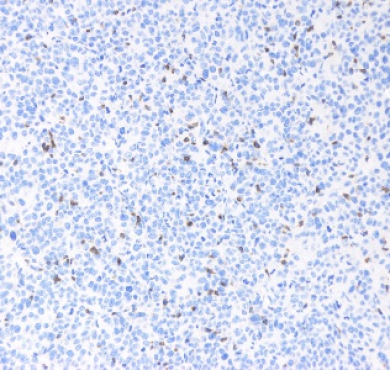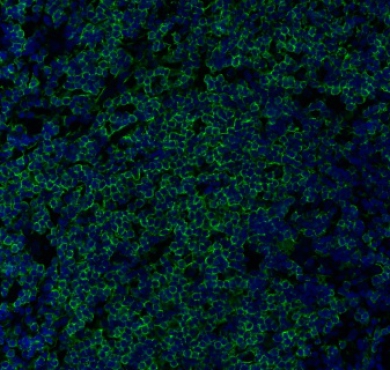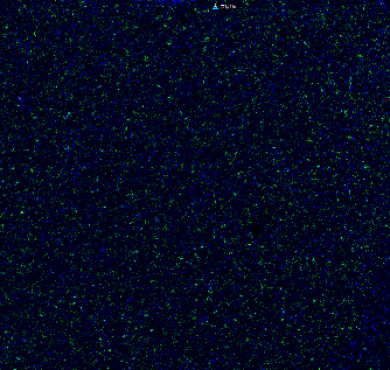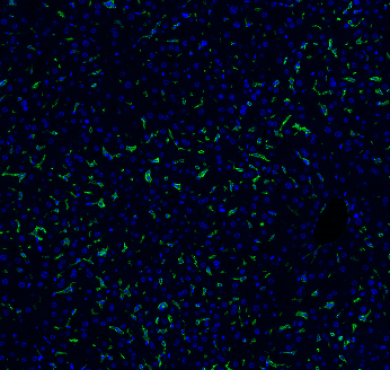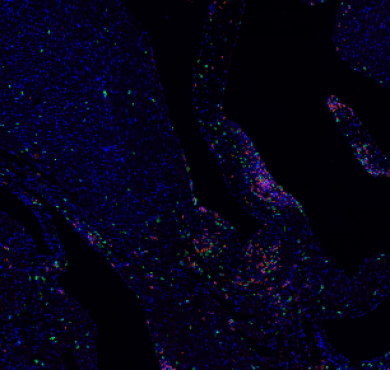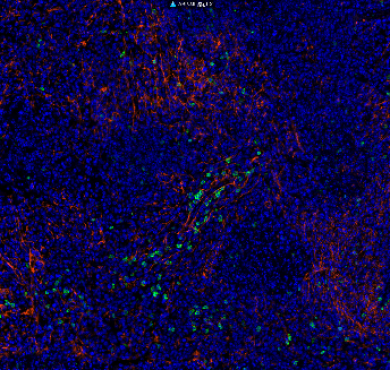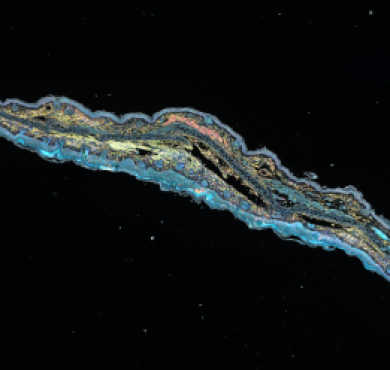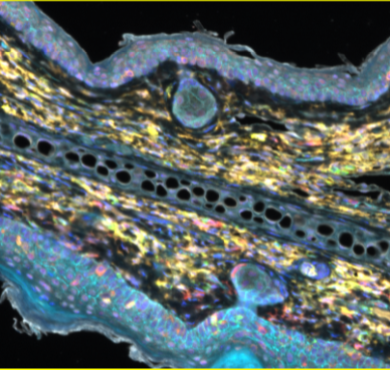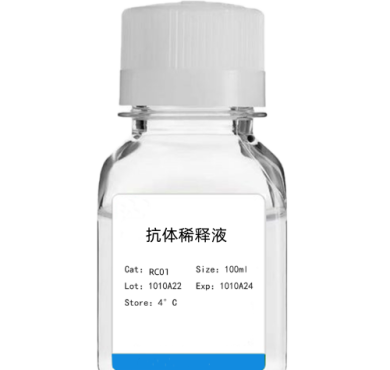Anti-Bcl-2 antibody[STJ98587]
Product nameAnti-Bcl-2 antibodyShort DescriptionRabbit polyclonal against Bcl-2DescriptionBcl-2 is a protein encoded by the B
| Product name | Anti-Bcl-2 antibody |
|---|---|
| Short Description | Rabbit polyclonal against Bcl-2 |
| Description | Bcl-2 is a protein encoded by the BCL2 gene which is approximately 26, 2 kDa. Bcl-2 is localised to the mitochondrion outer membrane, endoplasmic reticulum membrane and nucleus membrane. It is involved in PEDF induced signalling, the TGF-Beta pathway and TNFR1 pathway. It suppresses apoptosis in a variety of cell systems including factor-dependent lymphohematopoietic and neural cells. It regulates cell death by controlling the mitochondrial membrane permeability and appears to function in a feedback loop system with caspases. It inhibits caspase activity either by preventing the release of cytochrome C from the mitochondria and/or by binding to the apoptosis-activating factor. Bcl-2 is expressed in a variety of human tissues. Mutations in the BCL2 gene may result in follicular lymphoma. STJ98587 was affinity-purified from mouse ascites by affinity-chromatography using specific immunogen. This antibody detects endogenous Bcl-2 proteins. |
| Applications | ELISA, IHC-p, WB |
| Dilution range | WB 1:500-2000 ELISA 1:10000-20000 IHC 1:50-300 |
| Specificity | Bcl-2 polyclonal antibody detects endogenous levels of Bcl-2 |
| Protein Name | Apoptosis Regulator Bcl-2 |
| Immunogen | Synthesized peptide derived from Bcl-2 |
| Immunogen Region | 10-90 aa |
| Storage Instruction | Store at-20°C, and avoid repeat freeze-thaw cycles. |
| Note | FOR RESEARCH USE ONLY (RUO). |
| Host | Rabbit |
|---|---|
| Clonality | Polyclonal |
| Reactivity | Mouse, Rat |
| Conjugation | Unconjugated |
| Concentration | 1 mg/ml |
| Purification | The antibody was affinity-purified from rabbit antiserum by affinity-chromatography using epitope-specific immunogen. |
| Isotype | IgG |
| Formulation | Liquid in PBS containing 50% glycerol, 0.5% BSA and 0.02% sodium azide. |
| Gene ID | 596 |
|---|---|
| Gene Symbol | BCL2 |
| Database Links | HGNC:990 OMIM:151430 |
| Alternative Names | Anti-Apoptosis Regulator Bcl-2 antibody Anti-BCL2 antibody |
| Function | Suppresses apoptosis in a variety of cell systems including factor-dependent lymphohematopoietic and neural cells. Regulates cell death by controlling the mitochondrial membrane permeability. Appears to function in a feedback loop system with caspases. Inhibits caspase activity either by preventing the release of cytochrome c from the mitochondria and/or by binding to the apoptosis-activating factor (APAF-1). May attenuate inflammation by impairing NLRP1-inflammasome activation, hence CASP1 activation and IL1B release. |
| Post-translational Modifications | Phosphorylation/dephosphorylation on Ser-70 regulates anti-apoptotic activity. Growth factor-stimulated phosphorylation on Ser-70 by PKC is required for the anti-apoptosis activity and occurs during the G2/M phase of the cell cycle. In the absence of growth factors, BCL2 appears to be phosphorylated by other protein kinases such as ERKs and stress-activated kinases. Phosphorylated by MAPK8/JNK1 at Thr-69, Ser-70 and Ser-87, wich stimulates starvation-induced autophagy. Dephosphorylated by protein phosphatase 2A (PP2A).; Proteolytically cleaved by caspases during apoptosis. The cleaved protein, lacking the BH4 motif, has pro-apoptotic activity, causes the release of cytochrome c into the cytosol promoting further caspase activity.; Monoubiquitinated by PRKN, leading to increase its stability. Ubiquitinated by SCF(FBXO10), leading to its degradation by the proteasome. |
| Cellular Localization | Mitochondrion Outer Membrane Single-Pass Membrane Protein Nucleus Membrane Endoplasmic Reticulum Membrane |
| Tissue Specificity | Expressed in a variety of tissues. |
| Swiss-Prot Key | BCL2_HUMAN |
 Anti-Bcl-2 antibody[STJ98587](图1)](/uploads/ueditor/20200925/1-20092509194S48.png)
